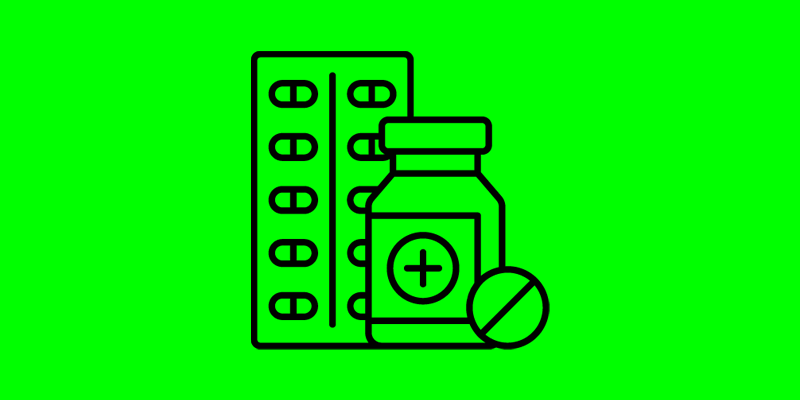Revolutionizing Pharmaceutical Innovation
The pharmaceutical industry is constantly seeking new ways to develop innovative drugs, and one of the most promising approaches in recent years is AI in drug repurposing. This groundbreaking technique leverages the power of artificial intelligence (AI) to identify new uses for existing drugs, significantly speeding up the drug discovery process and potentially offering new hope for a range of medical conditions. In this article, we’ll discuss AI-driven drug repurposing, exploring its potential, applications, and the transformative impact it’s having on healthcare.
The Challenge of Drug Discovery
Traditional drug discovery is a time-consuming and costly process. It can take years and billions of dollars to develop a new drug from scratch, and even then, there’s no guarantee of success. This inefficiency and uncertainty have driven the search for innovative methods to accelerate the discovery of safe and effective drugs.
The Role of AI in Drug Repurposing
AI-powered drug repurposing is changing the landscape of pharmaceutical innovation. It does so by analyzing vast datasets, including genetic information, clinical trial data, and drug interactions, to identify existing drugs that could be repurposed for new medical conditions. The key components of AI in drug repurposing include:
- Data Analysis: Algorithms analyze diverse datasets to identify potential drug candidates
- Machine Learning: Advanced ML models can predict how a drug might interact with specific disease pathways
- Clinical Validation: AI-driven predictions are validated through preclinical and clinical trials
Applications of AI in Drug Repurposing
- Faster Drug Discovery: AI reduces the time and cost required to find potential drug candidates.
- Rare and Neglected Diseases: Repurposing existing drugs can offer treatment options for diseases that have received limited research attention.
- Personalized Medicine: AI helps tailor drug treatments to individual patient profiles.
Benefits and Transformative Impact
- Cost Savings: AI-driven drug repurposing significantly reduces the financial burden of drug discovery
- Speed: Repurposing existing drugs can lead to faster treatment options for various medical conditions
- Patient-Centric Care: Personalized medicine, made possible through AI, improves patient outcomes
Challenges and Considerations
- Data Quality: Ensuring the quality and reliability of data used in AI-driven drug repurposing is crucial
- Ethical Concerns: Balancing the potential benefits of repurposing with ethical considerations is essential
- Regulatory Approval: Getting regulatory approval for repurposed drugs can be challenging
The Future of AI in Drug Repurposing
- Tailored Therapies: AI will enable highly individualized drug treatments, maximizing efficacy and minimizing side effects
- Rare Diseases: AI will continue to identify potential treatments for rare and neglected diseases
- Drug Combinations: AI-driven insights will guide the development of innovative drug combinations
Accelerating Drug Discovery
AI in drug repurposing brings about a significant change in the field of pharmaceutical innovation. It’s not just about finding new uses for old drugs; it’s about accelerating the drug discovery process, reducing costs, and bringing hope to patients who desperately need treatment options.
The journey of AI-driven drug repurposing is one of hope and potential. As it continues to evolve, it will lead to a future where diseases are treated more efficiently, where individualized medicine is the norm, and where healthcare is not just about healing but about optimizing human well-being.
In this era of technology-driven healthcare, drug repurposing stands as a testament to the transformative power of technology in medicine—a future where hope is found in the reimagining of existing solutions.
